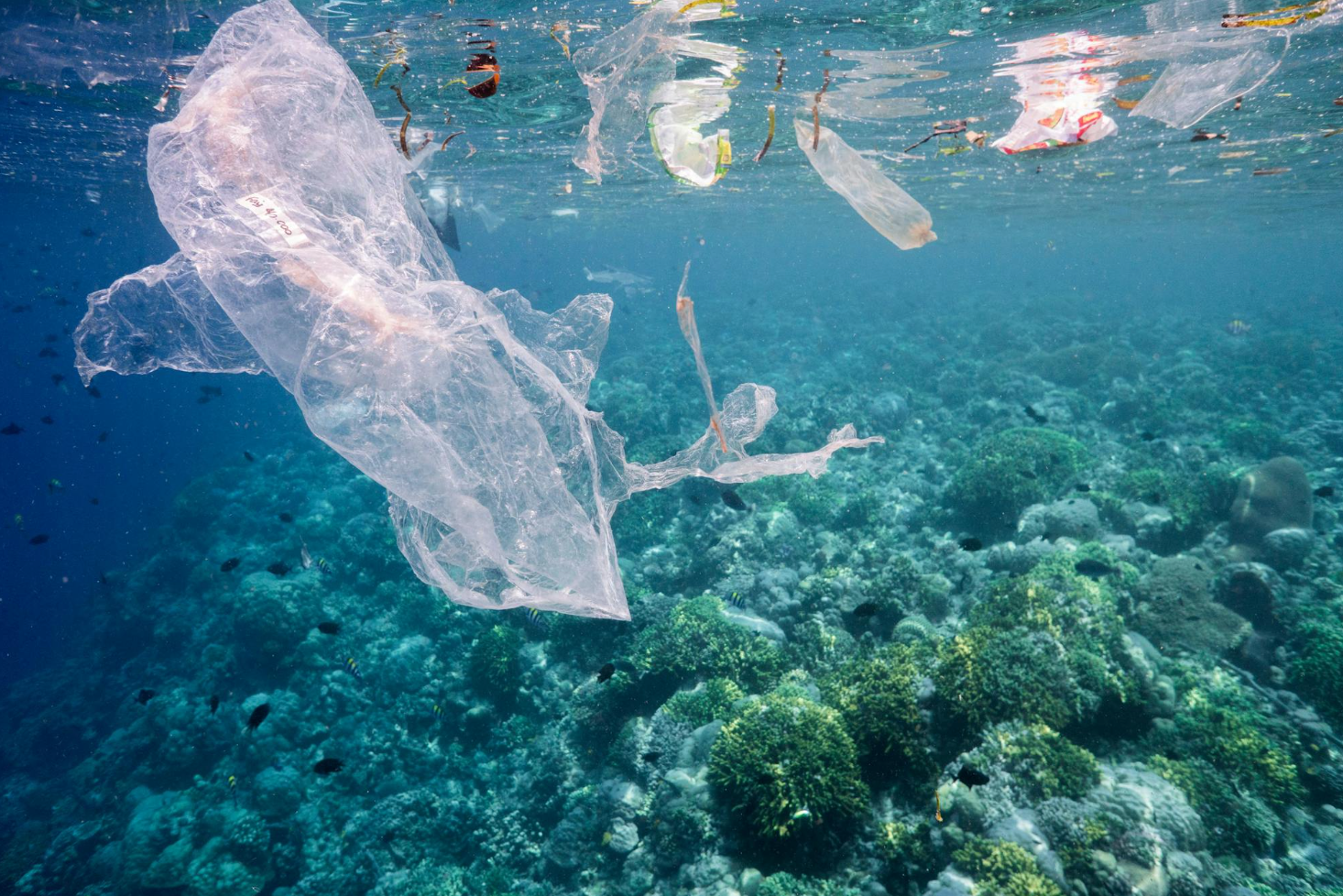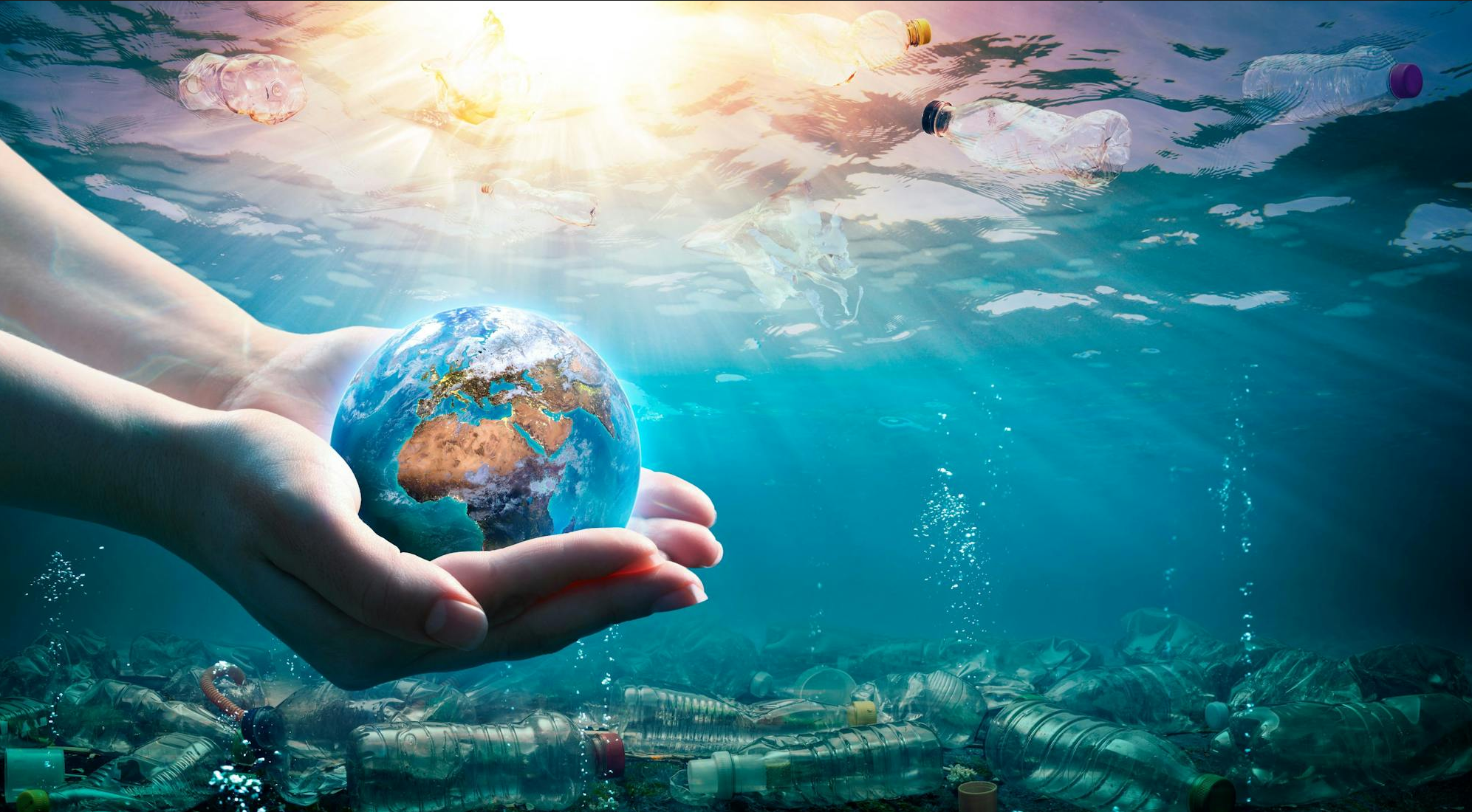
5 MIN READ
6-24-2024
Don’t be a bystander;
fight to save the ocean.
Mikaela Walsh, 4ocean Research Analyst
Who is going to pick up that plastic bag at the beach?
Someone else?
Who is going to throw away that water bottle in the ocean?
Someone else?
Who is going to talk about plastic pollution?
Someone else?
Who is going to save the world?
Someone else?
A common behavioral phenomenon humans demonstrate is the bystander effect, which has been studied and observed throughout history.
The Bystander effect:
A phenomenon in which people fail to offer help in emergencies, especially when other people are present in the same setting.
This is because, as humans, we expect someone else to help, even if no one does.
The idea of the bystander effect first came after a 1964 horrific murder occurred in the middle of an apartment courtyard as witnesses did nothing to help. This tragic incident occurred over the course of thirty minutes while 38 bystanders watched and waited for someone else to call the police, but no one did. The citizens assumed that someone else would take action, failing to get proper help in time and save the women. This situation stunned the world, and psychologists began to ask, “Well, why didn’t anyone help?”

The bystander effect has been immensely studied since then. The gist is that the fewer people witness something horrific happening, the higher the chance someone will stand up.
Let’s say you are on a highway, and it is just your car and another car driving down. A deer runs in front of the other vehicle, causing it to steer off track, resulting in the other car driving into the tree. You call the cops, right? You saw a horrific accident happen, and no one else is there to help.
Well, what if you're on a packed highway, 30 other cars are around your vehicle, and the same occurrence happens? A car runs into a tree. What are the odds you are the person who picks up the phone to call for help since there is a possibility someone else will?
It’s basic human psychology. As humans, we assume someone else will step into action, which results in an unfortunate outcome that sometimes no one does.

So, how does this behavior pertain to the ocean?
There are 8 billion people in the world today. Most of them understand we have a significant crisis underway, but how many are stepping up to create change?
The simple answer is… not enough.
Viral videos of turtles with straws in their noses or the immense amounts of plastic floating around the ocean break the internet a few times a year. We need more of this. We need more people to understand how detrimental this issue is.
The reality is that the oceanic plastic crisis is taking over the ocean, but not enough people are standing up to protect and restore it. Based on the current increase in plastic production, the amount of plastic produced is supposed to double by 2025 and triple by 2050. Where is all of this plastic going? We don’t have enough room on earth for the massive amounts of plastic being produced. It is going directly and indirectly into the ocean.
Estimates show that up to 23 million metric tons of plastic enter our oceans annually, and up to 11 million metric tons of plastic waste are accumulating at the bottom of the ocean. A plastic “island” estimated to be twice the size of Texas, known as the Great Pacific Garbage Patch, is floating at the surface of the Pacific Ocean. Plastic fragments and particles are found in the world's most remote areas, such as the Galapagos Islands and at the bottom of the ocean in the Mariana Trench. Plastic debris is killing, suffocating, and entangling marine organisms across the globe.

The plastic entering our ocean does not stay together but instead breaks down into smaller fragments of plastics until they ultimately reach the size of microplastic to nanoplastic. These plastic pieces are wreaking havoc on the aquatic environment, but even worse, what is it doing to humans?
The scarier truth is that plastic is entering into human beings. Microplastics and nanoplastics have been found throughout the human body. These tiny microplastic particles are found in food, clothing, water, and even air. Plastic consumption in humans is inescapable at this point, but you can do your best to avoid the number of particles going into your body as much as possible. Plastic has been found in human blood, placentas, and digestive systems, and at this point, almost everywhere in the human body. It’s estimated that 90,000 microplastic particles enter the human digestive tract when drinking the annual amount of water from single-use water bottles. Not only are you contributing to the oceanic plastic crisis, but you are feeling the effects of plastic consumption.
Due to the timeline, plastic production and consumption by humans and animals is a new topic that has yet to be thoroughly examined. Still, we know that having these synthetic materials in our body systems can not have beneficial effects but can have the opposite effect.
We all have the power to make a difference in this world.
- We can advocate and educate our peers.
- We can pick up the trash on the sidewalk.
- We can reduce our single-use plastic consumption.
- We can advocate and educate our peers.
- We can switch to re-useable options.
- We can make it a priority to recycle our waste.
- We can create generation change and teach in our schools the impact plastic has on the ocean and humans.
- We can refuse to use single-use water bottles and plastic bags.
- We can raise money for organizations dedicated to making the world a better place.
- We can support eco-friendly businesses and encourage more companies to adopt new customs.
- We can be a voice for the animals living in a plastic soup they call home.
Even the “small” actions of skipping a bag or educating a peer can have lasting effects on the ecosystem. We all have the power to change and encourage people to be more conscious of how much plastic they use. We are in a crisis; we need people to fight. Take action, even if other people are doing the same thing. Your efforts matter. Don’t be a bystander; be an advocate. Someone else could, but you need to.

You May Also Like

“If everyone else uses it, my contribution won’t matter” -said 8 billion people




